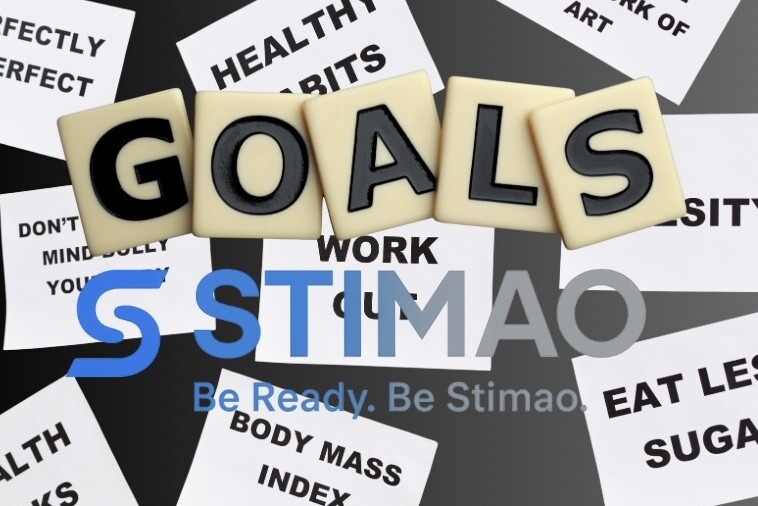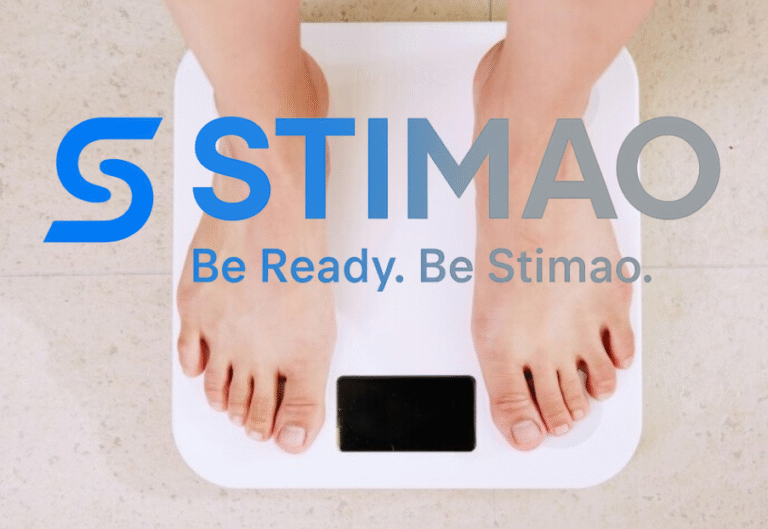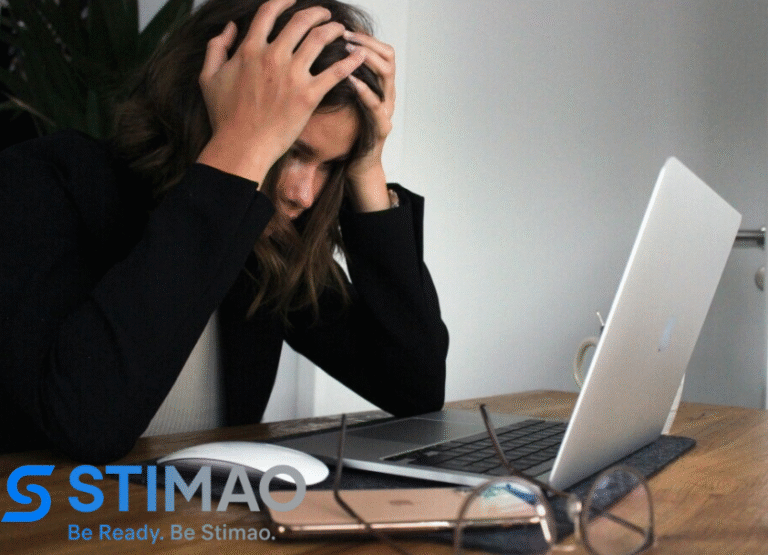 Depression is a multifaceted mental health condition affecting millions globally, yet it’s often misunderstood. It’s more than just feeling sad or having a bad day. Depression can alter how individuals think, feel, and function in their daily lives. Recognizing the signs—such as persistent sadness, lack of interest in activities, changes in appetite or sleep, and feelings of hopelessness—can be the first step in seeking help.
Depression is a multifaceted mental health condition affecting millions globally, yet it’s often misunderstood. It’s more than just feeling sad or having a bad day. Depression can alter how individuals think, feel, and function in their daily lives. Recognizing the signs—such as persistent sadness, lack of interest in activities, changes in appetite or sleep, and feelings of hopelessness—can be the first step in seeking help.
Who exactly does depression affect? The answer is everyone, really. Depression doesn’t discriminate based on age, gender, or background. However, statistics reveal certain groups are more vulnerable, like adolescents and young adults, women, and those dealing with chronic health conditions. Understanding these demographics can help tailor support to those who are at higher risk.
When talking about mental health, using compassionate and non-judgmental language is crucial. Stigma and misunderstanding often discourage people from seeking help. Openly discussing mental health with the right language can create a more supportive environment. Encouraging conversations about emotional health and checking in regularly with loved ones can make a significant difference.
Proactive Strategies for Coping with Depression
Dealing with depression can feel overwhelming, but there are strategies out there that truly help. First off, cognitive-behavioral therapy (CBT) is a powerful one. It’s all about understanding and changing your thought patterns. People often find relief by identifying negative thoughts and challenging them to alter behaviors and emotions.
Another approach involves mindfulness practices. Simple steps like meditation or deep breathing exercises can keep you in the present moment and reduce stress. These techniques can help manage symptoms by fostering a sense of calm and focus.
Incorporating physical activity into your routine is another effective strategy. Whether it’s a walk around the block or hitting the gym, exercise boosts endorphins and helps lift your mood. Even on tough days, a little movement can go a long way in reducing the weight of depression.
Recognizing your triggers and developing coping skills is empowering. Everyone has unique experiences that might worsen their depression. By identifying these, either through therapy or self-reflection, you can gain control over your mental health journey.
Effective Techniques and Self-Help Tips to Combat Depression
When it comes to practical techniques for managing depression, the power of routine cannot be overstated. Establishing a daily schedule can provide structure and stability. It might involve consistent meal times, setting aside moments for relaxation, or ensuring a good night’s rest. Routine helps bring a sense of normalcy and predictability that can be comforting.
Art therapy is another avenue worth exploring. Engaging in creative activities—whether painting, drawing, or crafting—can be therapeutic. It offers a means to express emotions that might be difficult to verbalize, unlocking channels for healing and reflection. This form of self-expression can lighten mental burdens and foster a sense of accomplishment.
Journaling can also be an effective self-help tool. Writing about thoughts and feelings provides an outlet for emotions and can help track patterns or triggers. It’s like having a conversation with yourself that promotes self-awareness and clarity, offering profound insights into personal mental health dynamics.
Building a personal action plan for mental well-being is essential. Start by listing resources and contacts, like therapists or support groups, and define small, achievable goals that promote positivity and personal growth. Incremental steps and realistic expectations can significantly enhance motivation and resilience.





